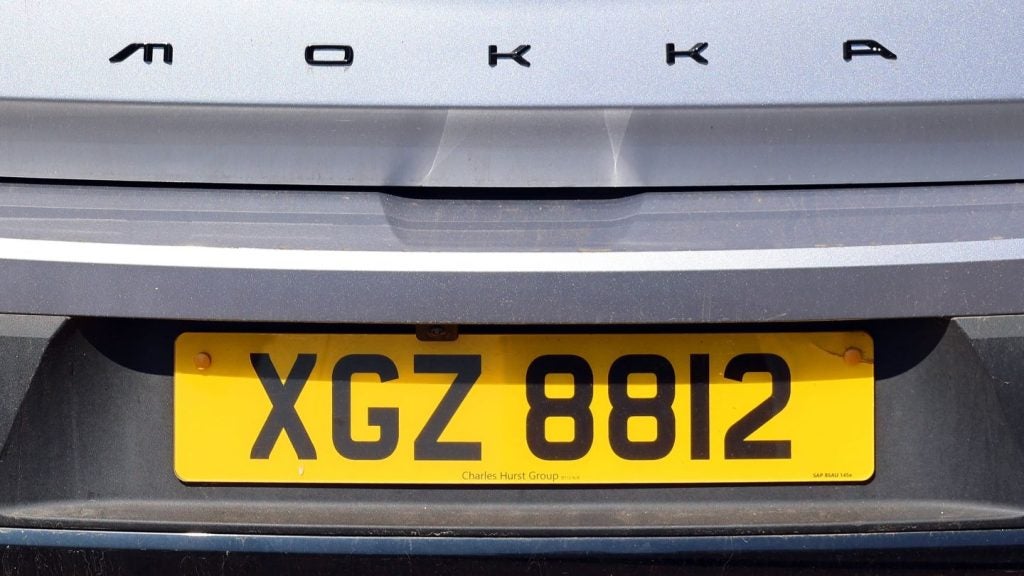To thrive in a landscape characterised by changing consumer needs and technical disruption, operators in today’s motor trade industry need to run innovative new and used car businesses, writes Jerry Young, CEO of ieDigital.
To say that the motor trade is unpredictable is somewhat of an understatement. Despite emerging from the devastating Covid lockdown, which saw showrooms closed and dealerships deserted, the motor sector continues to face substantial pressure, including the shortage of semiconductor computer chips. This chip shortage has further been exacerbated by the Covid pandemic in important manufacturing and logistics centres in China, along with the disruption caused by Russia’s invasion of Ukraine.
Tellingly, the UK’s new car finance sector appears to have suffered its largest contraction in new business volumes since the pandemic was at its height. New business volumes fell 12% year-on-year overall in the last month of H1 2022 as the new car finance market’s new business declined 21% by value (to £ 1.44 billion) and 28% by volume (to 56,877).
How can motor finance providers continue to remain above this market volatility, while putting themselves in the best lane for success in the future? Here, we take a brief look at changes they can make to the new and used-car markets.

Brand-new cars: Innovate – but don’t be too disruptive
Rather than being disrupted by digital newbies, motor trade incumbents have quietly been getting on with digital innovation to provide a seamless online customer service experience. That innovation was accelerated by necessity through the pandemic crisis and was no doubt also motivated by the apparent threat from the likes of Carzam and Cazoo.
This gentle, yet steady, level of innovation needs to continue – but the sector needs to refrain from all-out change. The motor trade has embraced an omnichannel business model, with buyer journeys that start online and end in showrooms. For example, Vertu Motors plc, the UK’s 5th largest motor retailer, recently reported record profits and record margins per car. However, just one per cent of its sales were completely digital.

US Tariffs are shifting - will you react or anticipate?
Don’t let policy changes catch you off guard. Stay proactive with real-time data and expert analysis.
By GlobalDataNonetheless, digital innovation remains important. A new whitepaper co-authored by Capita and Finativ states that motor finance providers that do not embrace the ultra-flexibility offered by digital subscriptions risk being usurped by providers that do.
One prediction involving the evolution of this “ultra-flexibility” model will involve the provision of a much more joined-up service for customers around motor insurance. The current model is currently far from smooth. The customer chooses a vehicle and gets the finance in place – but then comes the often-onerous task of selecting the most appropriate level of insurance cover.
By incorporating the most appropriate selection within the digital dashboard, to be chosen when finalising the finance plan, we will see a much smoother, more time-efficient process. We will also see a much more contented customer as they drive off in their new, fully insured vehicle.
Electric vehicles should also feature as an important, standalone category – ready for when (hopefully soon) the cost of electricity starts to fall, encouraging a boost in electric vehicle car sales.
Used cars: Upping the disruptive ante
In contrast to brand-new cars, the used-car market provides more opportunities for disruption. Here, vertical finance integration could significantly disrupt a business model that has depended heavily on the Auto Trader advertising platform for years.
One example is Motonovo Finance, a motor finance company owned by specialist bank Aldermore Group. It offers a dealer and customer-centric model to help hundreds of motor dealers digitally transform.
Its Find and Fund My Car marketplace currently boasts 120,000 quality used vehicles from 2,200 trusted dealers. Dealers have free access to the marketplace, and customers can gain financial decisions in principle, source insurance quotes, and find cars to suit their budget. The platform advertises instant underwriting decisions for individual customers and offers decisions within 60 minutes for commercial customers.
The finance-first process directs qualified, sales-ready buyers to dealers. Moreover, stress and friction are removed from the buying process for customers. They can focus on the car without worrying about the suitability of finance on offer from a car dealer.
Importantly, dealers get a compliant quote and propose process that they can integrate into their operations, so customers can discover the finance options that suit them, model a finance agreement they can afford, and create and submit their applications. Available 24/7, the approach suits customers that want more control of their finances and reduces the need for detailed financial discussions with salespeople, which many buyers find time-consuming and uncomfortable.
Looking ahead
We should always have our eyes on the future. While it is, of course, important to weather the economic issues of the moment, it is just as important to ensure long-term security. That is why the motor finance sector is continually innovating. Such a characteristic should be applauded – it demonstrates an ability to adapt to challenging market pressures.
However, this innovation is far from a one-size-fits-all solution. When it comes to the new car market, dealers should innovate gently, but ease off the disruption pedal. The time is not yet right to reinvent the wheel here.
When it comes to the used car market, there is more opportunity for disruption. We are seeing it all around us, and arguably we aren’t in top gear yet.
How asset finance businesses have adapted to meet the challenge of Covid-19
Motor industry reputation at risk from supply chain delays: poll









